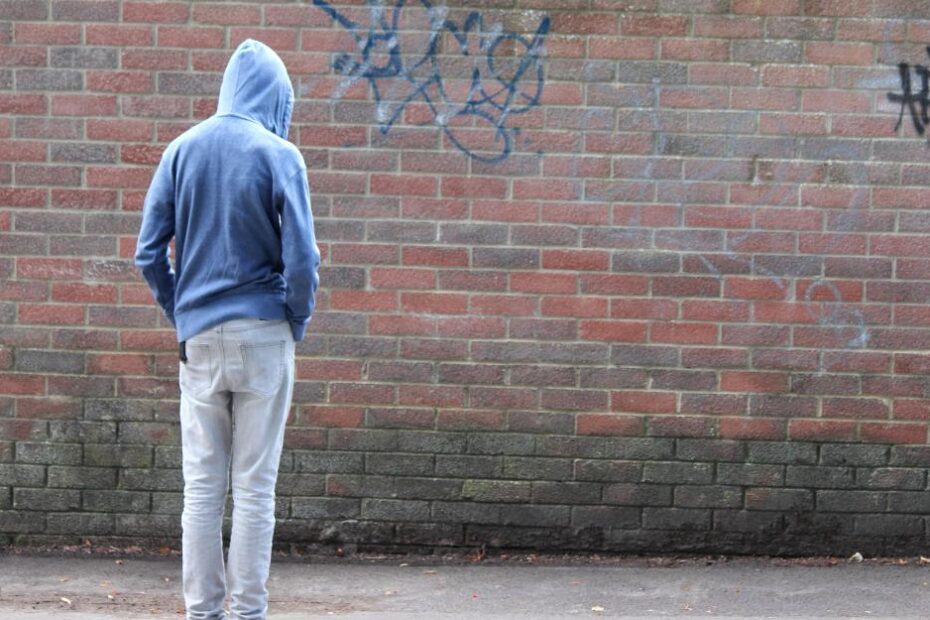Queensland’s Labor government recently passed stricter laws to deal with repeat youth offenders after a series of high-profile criminal incidents, including the tragic death of mother-of-two Emma Lovell after an alleged home invasion of her Brisbane home.
Theft of cars and household property, and dangerous driving, are among the offences that have left Queensland residents with the impression juvenile crime is steeply on the rise, even though statistically the youth crime rate is no higher than in recent years.
To address this public perception, the Palaszczuk government announced stricter measures late in 2022, including expanding electronic surveillance monitoring for children as young as 15 and increasing the maximum penalty for unlawful use of a motor vehicle from seven to 10 years imprisonment.
Then in February 2023, it announced legislative changes which further re-shaped the state’s youth justice process, including making breach of bail an offence for children.
‘We have listened to the community. This action is all about putting community safety first,’ Premier Palaszczuk said in announcing the legislative changes.
‘We will use the full force of the law to target the small cohort of serious repeat offenders that currently pose a threat to community safety.
‘When these kids reoffend time and again, we need the police to catch them. And we need the courts to do their job.’
More detail on the legislative changes
Breach of bail: Perhaps the most controversial of the legislative amendments is making breach of bail conditions a criminal offence for young offenders. It follows revelations a number of young offenders involved in serious incidents were on bail at the time of offending. Strident critics of this move argue it overrides Queensland’s own Human Rights Act and will not address rates of crime among young offenders.
Strengthening conditional release orders: Designed to allow a youth offender to stay in the community and avoid incarceration in a youth detention centre while taking part on a court-approved rehabilitation program, the maximum period for a conditional release order will be extended from three months to six months. Repeat offenders will also serve their suspended term in detention if they breach a condition.
New declaration of serious repeat offenders: The changes include amending the Youth Justice Act to declare certain offenders as ‘serious repeat offenders’, meaning tougher sentencing principles for this category of youth who have been identified as accounting for the majority of serious offences committed by young people.
Unlawful use of a motor vehicle: If this offence is committed with circumstances of aggravation of violence or threatened violence, it will now be heard by a District Court Judge.
Presumption against bail for more serious offences: Those offenders who are passengers in stolen vehicles, commit burglary or enter a premise to commit an indictable offence, will now have a presumption against being granted bail.
Police do not need to consider alternatives to arrest: This will be the case if a young person contravenes or is likely to contravene a bail condition.
Increasing youth detention capacity: The government announced plans to build two new therapeutic youth detention centres plus interim options to increase capacity at existing facilities. In addition, 18-year-olds currently serving sentences in youth detention centres will be moved to adult prisons.
The key legislative changes above announced in February, 2023, followed from measures announced by the government in December, 2022. Those measures included:
- increasing the maximum penalty for unlawful use of a motor vehicle from 7 years to 10 years’ imprisonment;
- a more severe penalty of 14 years if the offence is committed at night, where the offender uses violence or threatens violence; is armed or pretends to be armed; is in company or damages or threatens to damage any property;
- amending the Youth Justice Act requiring courts to take into account previous bail history, criminal activity and track record when sentencing;
- increased penalties for criminals who have boasted about their crimes on social media.
The government’s announcements included a $100 million injection of funds into youth rehabilitation programs it claims are ‘proven to make a difference’.
These include an expansion of intensive case management for chronic young offenders; expansion of youth co-responder teams to provide a rapid response targeting young people at risk of offending and young people on bail; expansion of the Stronger Communities initiative and investment in ‘on country’ programs; and greater investment in ‘grassroots early intervention’, such as community-based initiatives targeting at-risk youth to provide recreational, learning, mentoring and drug and alcohol support.
‘This bill builds on those laws to ensure serious repeat youth offenders are held accountable for their actions and that there are swift and serious consequences for criminal offending,’ Queensland Police Minister Mark Ryan said in state parliament during the debate to introduce the law changes.
Confused? Speak with our expert criminal law team
If you’re unsure about the government’s new youth justice laws, and how they apply to your own situation, contact the expert team of Sydney criminal lawyers at Hannay Lawyers. Criminal matters are our specialty and we have proven experience advocating for young people when they find themselves in a difficult, stressful situation. We can help explain your options if any of the new law changes are relevant to your matter, so contact us today.
